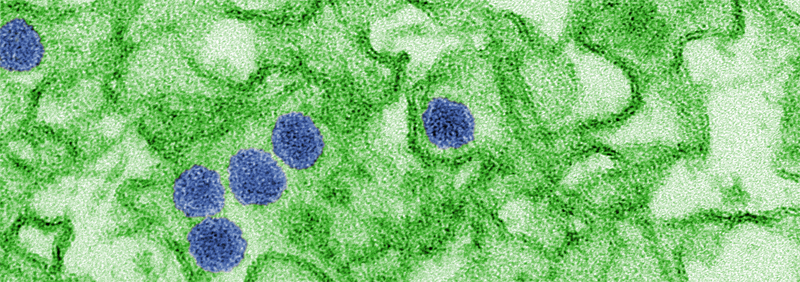Human Trials for Zika Vaccine
Inovio Pharmaceuticals, based in Plymouth Meeting, Pa, in collaboration with GeneOne Life Science in Seoul, South Korea, announced that they will soon be conducting the first human trial of a vaccination for the Zika virus.

The Zika Virus
The Zika virus is a rare virus carried by the Aedes aegypti mosquito. It is considered a primarily benign virus that has recently drawn attention as it has spread to a minimum of 50 territories and countries. Its greatest risk lies in the effects it has on unborn children. It has been found to be a cause of microcephaly, a neurological disorder that results in a baby’s brain not developing properly. Babies of mothers affected by the virus are born with visibly smaller heads and a range of related physical and mental problems.
Chronology for Human Testing
In the animal testing stage, the new Zika vaccine, called GLS- 5700 has shown promise in that it brought about a strong response of antibodies. Due to its positive results, the vaccine is now ready for human subjects. The initial testing will not be given to those infected by the virus. Instead forty virus free and healthy volunteers will receive the first round of vaccines. If this test indicates that humans can tolerate the vaccine, the next step will be to administer the vaccine to a small group infected by the virus. If that step also meets with success, a larger group of subjects will be tested.
Other Efforts
There are approximately twenty companies besides Inovio and GeneOne who are actively trying to find a vaccine for the virus. Dr. Anthony Fauci, one of the directors of the National Institutes of Health has stated that they are looking at several efforts, some including an approach that involves DNA, which is much like Invio’s approach. A spokesperson for the World Health Organization predicts it will most likely be several years before any vaccine has fulfilled all precautionary measures and testing and is available to the public.
Common Sense Protection
In the meantime, the U.S. Centers for Disease Control and Prevention has recommended that pregnant women avoid visiting areas known for the virus, and advises that women in the zones of greater risk avoid getting pregnant. Of course, anyone in an area known for Zika should take some common sense precautions. Use a repellent recommended by the Environmental Protections Agency, wear protective clothing and make sure all screens to keep pests out are intact.
Read more from CNN.
